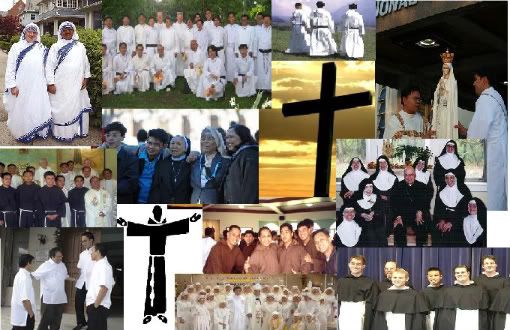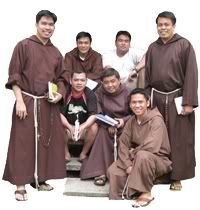Deliberation
It follows from what has been said that once the voice of God is recognized, that is when the thought of leaving the world has been more or less constantly before the mind for some time, and the souls realizes, even though she dreads it, that “the Lord hath need of her,” the call ought to be obeyed promptly.
St. Thomas holds that the invitation to a more perfect life ought to be followed without delay, for these lights and inspirations from God are transient, not permanent, and therefore the divine call should be obeyed instantly. As of old, when He worked His miracles and went about doing good, “Jesus of Nazareth passeth by”; if we do not take advantage of His passing, He may never return. “I stand at the door and knock,” He said, “If any man shall hear My voice and open to Me, I will come in to him,” if not, that call may never come again.
“Make haste, I beseech you,” exclaims St. Jerome, “and rather cut than loosen the rope by which your bark is bound fast to the land,” for even a day’s delay deprives a person of invaluable merit, which he would acquire in religion.
Delay is dangerous, and long deliberation, as Msgr. Malou assures us, is unnecessary: “Of all the state of life the religious state is, without contradiction, that which demands the least deliberation, and is that of which the choice should cause less doubt, and provoke the least hesitation; for it is in this state that fewer difficulties are met with, and the best means are found for saving our souls.”








